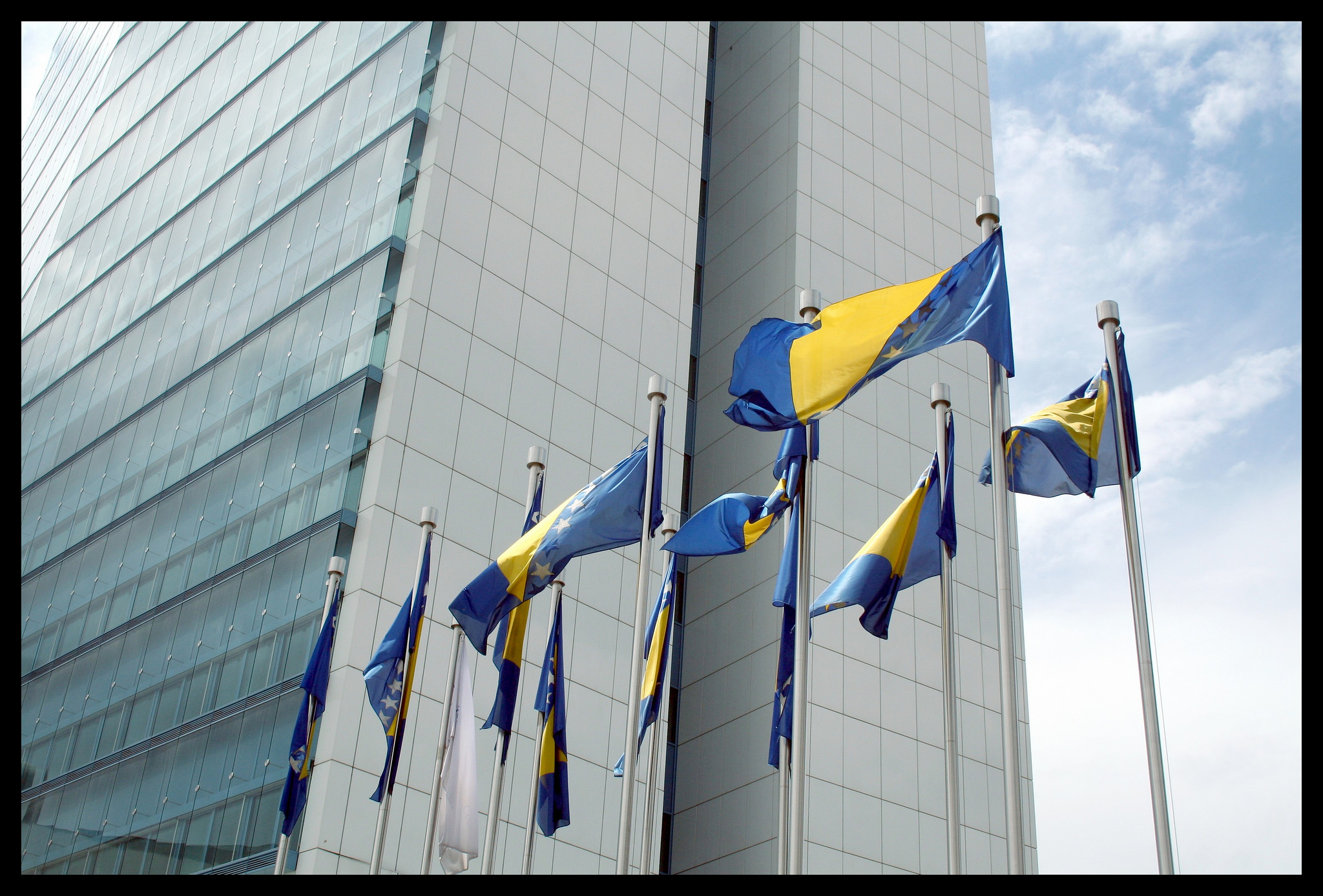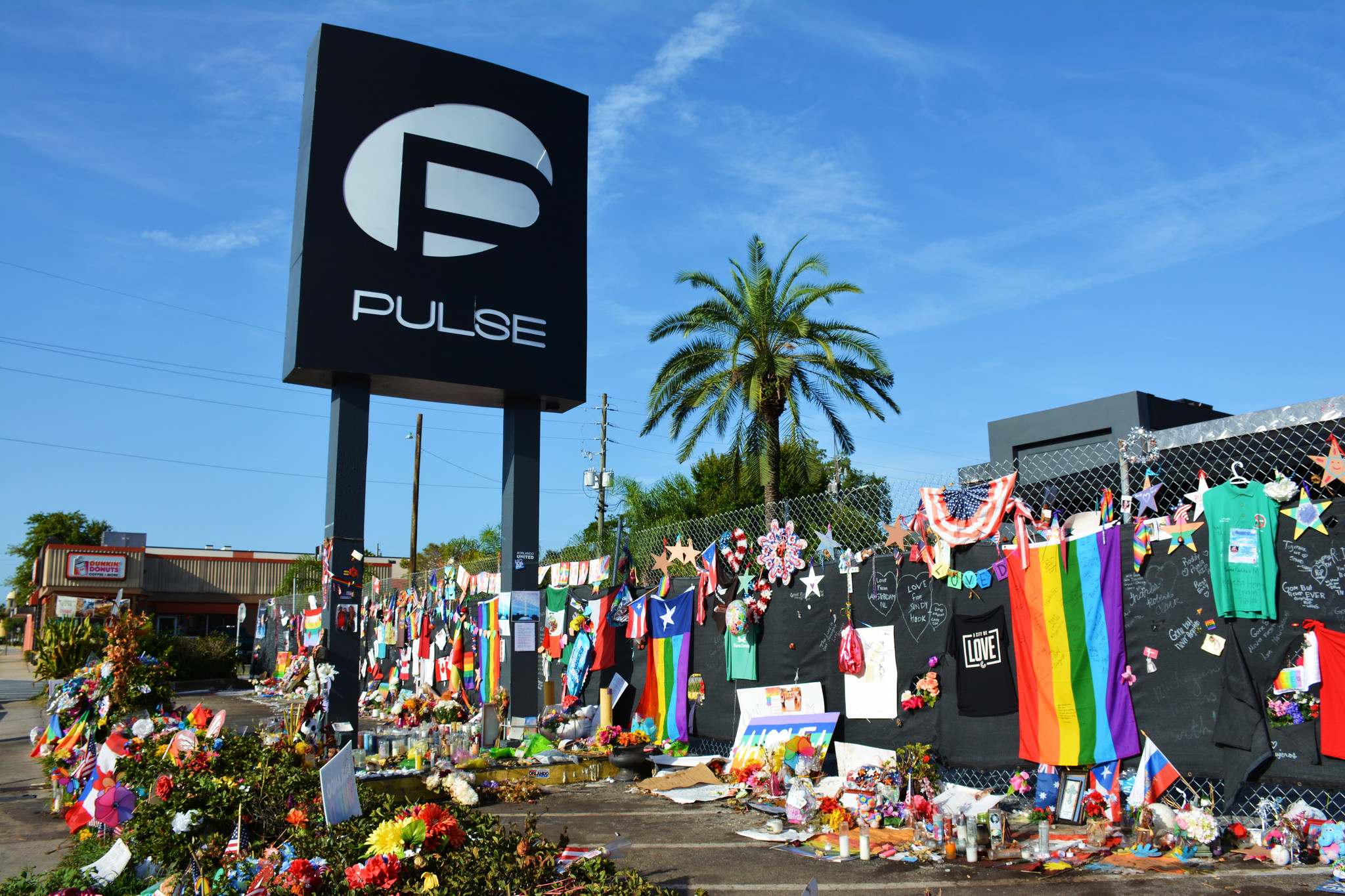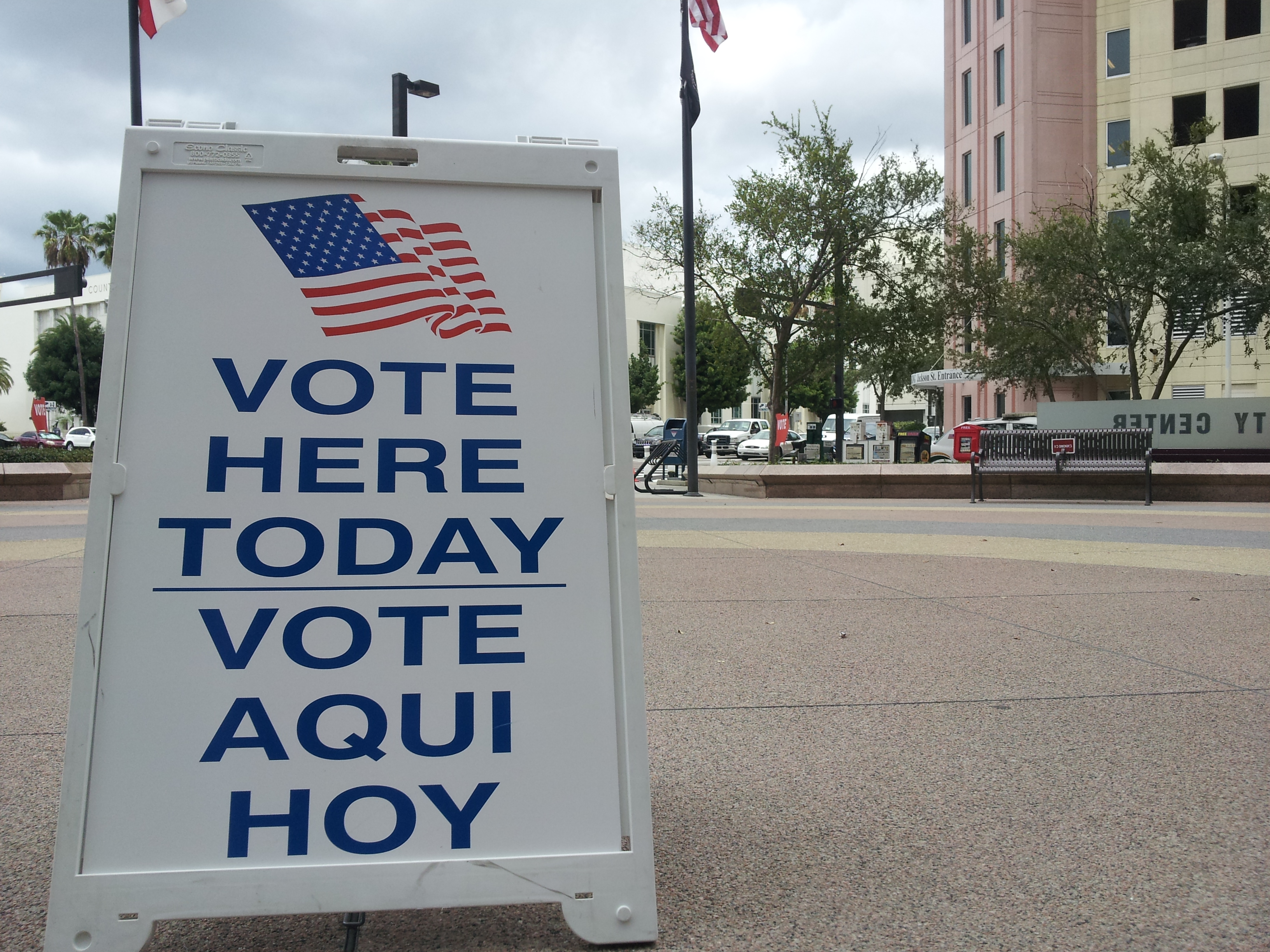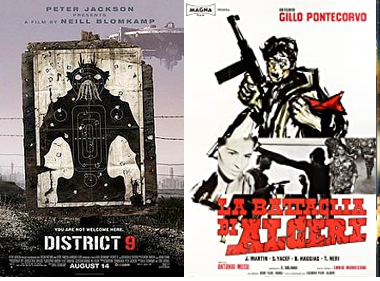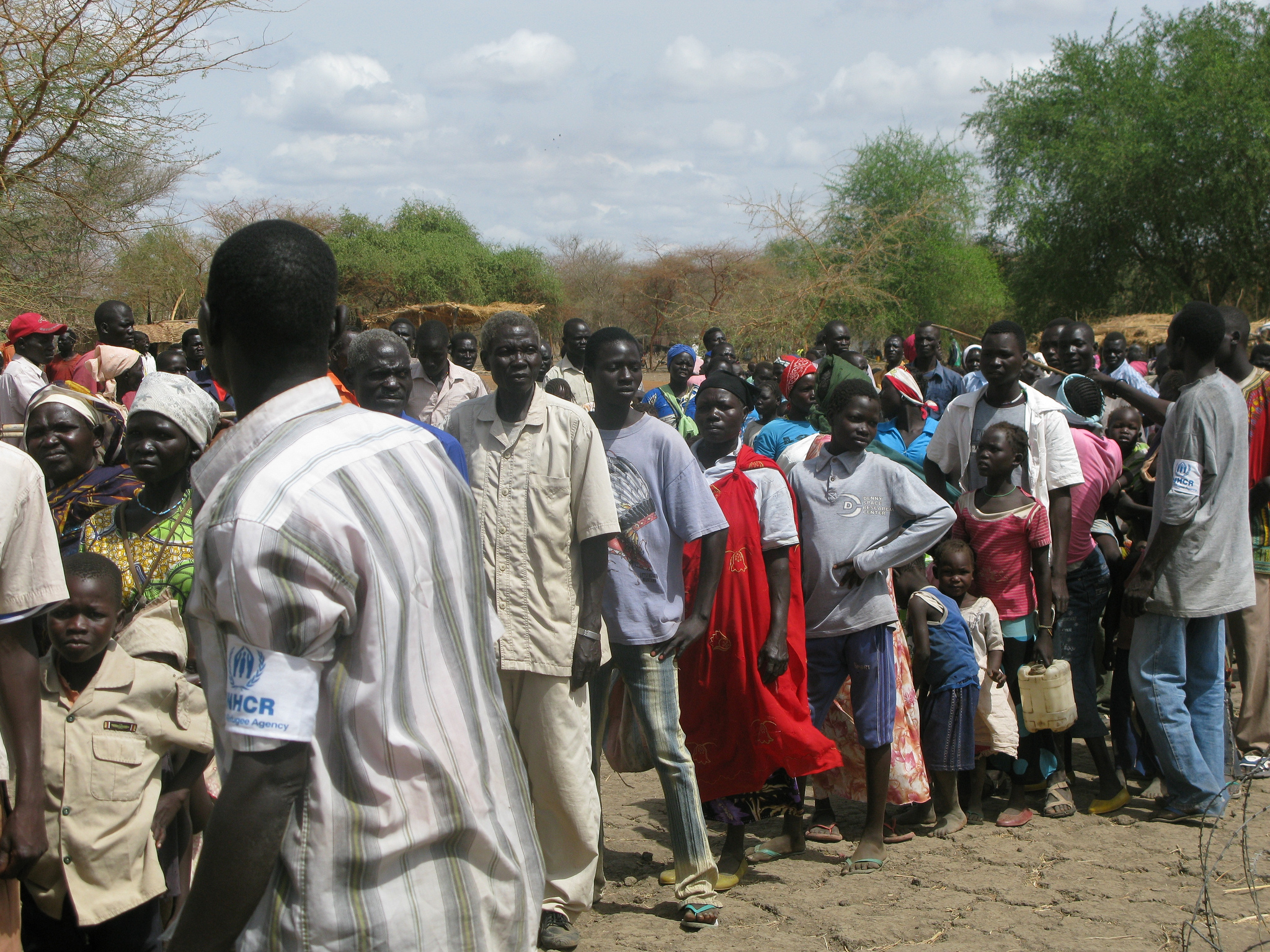By Marie E. Berry for Denver Dialogues.
Noémie was born in the south of Rwanda in the early 1960s. After graduating from University, she became a teacher. When the genocide broke out in 1994, her husband and many members of her family were killed. As she described it to me,
“I was married to a successful man…but after the genocide, it was different because my husband was dead. And I was the head of the house. So, I had to do everything that was the same for the kids as when their dad was around.”
Noémie joined a widows’ organization in the aftermath. For three years, she worked very hard for that organization, and as she put it, “people were really getting to know me.” Aspiring to make an even greater difference, she decided to join politics, and was appointed to be the head of her sector. She then won an election to become mayor, a position she held for three years. Shortly thereafter, Noémie successfully ran for a seat in Rwanda’s parliament, which boasts the highest percentage of women legislators of any country in the world.
Ajla was working at a news station in Sarajevo when the war broke out in Bosnia in 1992. That year, her husband was killed in combat. Under the crushing stress and scarcity of the siege of Sarajevo, her 2-year-old daughter developed a series of health problems. It soon became apparent that she needed medical attention outside of Bosnia. At great risk to her personal safety, Ajla navigated the besieged city to secure travel documents; she then enlisted an international NGO for help, and eventually was able to get safe passage out of Sarajevo. Ajla described how “during the war I realized how tough I am. During that time, you realize how strong your will is to survive, to keep on going.”
After securing her daughter’s surgery in Germany, Ajla returned to Bosnia with a newfound strength and motivation to help in the transition to peace. She became active in a woman’s organization, where she found solace and solidarity in grieving with others. Through the new connections in this group, she became active in politics. Today, she is a high-profile political commentator and editor with a major news outlet.
While dominate narratives emphasize the destructive effects of war, my recent research aims to show how women like Noémie, Ajla, and others experience war, bear witness to its effects, and exert agency in ways often obscured by analyses of violence that emphasize women’s suffering, shame, and victimhood.
Drawing on interviews with more than 260 women in Rwanda and Bosnia-Herzegovina, I argue that while war is clearly destructive, it is also a period of rapid social transformation that can reconfigure gender power relations by precipitating a series of interrelated and overlapping structural shifts. These include: (1) a demographic shift, due to the disproportionate death, conscription, and imprisonment of men, and the massive displacement of people from their homes; (2) an economic shift, due to the destruction of infrastructure, agricultural capacity, and the arrival of international humanitarian aid; and (3) a cultural shift, due to the reconceptualization of women as legitimate political actors, as some women’s groups strategically juxtapose their “more peaceful” nature against men’s propensity for war. Combined, I argue that these three shifts lead to women’s increased political mobilization.
In this research, I call for explorations of women’s political agency to consider what constitutes “politics” through a feminist framework, with an eye to seeing women’s political mobilization outside of the formal political realm (e.g., in national legislatures). After the upheaval of war, people take on new social roles intimately tied to survival and the ordinary activities of daily life; as thousands of people face similar circumstances, such quotidian actions can accumulate and impinge upon the established gender order. In both Rwanda and Bosnia, women took on new roles in their households and communities, which led them to make small claims that became “stepping stones” for further claims, and eventually generated new opportunities for women to demand rights. These everyday encroachments catalyzed the formation of community organizations, which soon became a space for political organizing outside of traditionally male-dominated political realms. These organizations ultimately codified a new structure of women’s leadership at the local level and provided a platform for some women to launch political careers.
Unfortunately, in both Rwanda and Bosnia, many of the gains women made during and after the violence eroded over time due to a variety of intervening social processes. These include the structure of the domestic political settlement in both places, which situated people broadly in victim/perpetrator categories, creating hierarchies of victimhood that facilitated new social divisions and undermined possibilities for a cross-cutting women’s movement. In addition, international humanitarian actors prioritized technocratic knowledge over local expertise and distributed funding on the basis of rapidly changing donor priorities. This effectively neutralized the important role many women’s organizations were playing in their communities related to rebuilding, resettlement, and trauma healing. Finally, women’s gains were met with a revitalization of patriarchal norms in both places, as men sought to preserve hegemonic control in their households and communities. This resulted in a patriarchal backlash, where violence extended beyond the theater of war and entrenched itself in women’s daily lives (see a further discussion of these barriers to women’s progress after atrocity here).
Despite the unexpected openings for women brought about through the upheaval of war, much of women’s postwar mobilization in Rwanda and Bosnia was eventually stifled. Better theorizing and evaluation of war’s transformative potential for women’s political agency may provide guidance for the design of political settlements that are more equitable, effective, and durable in the years after conflict.
Marie E. Berry is a regular contributor at Political Violence @ A Glance, and the author of War, Women, and Power: From Violence to Mobilization in Rwanda and Bosnia-Herzegovina (Cambridge University Press 2018).

